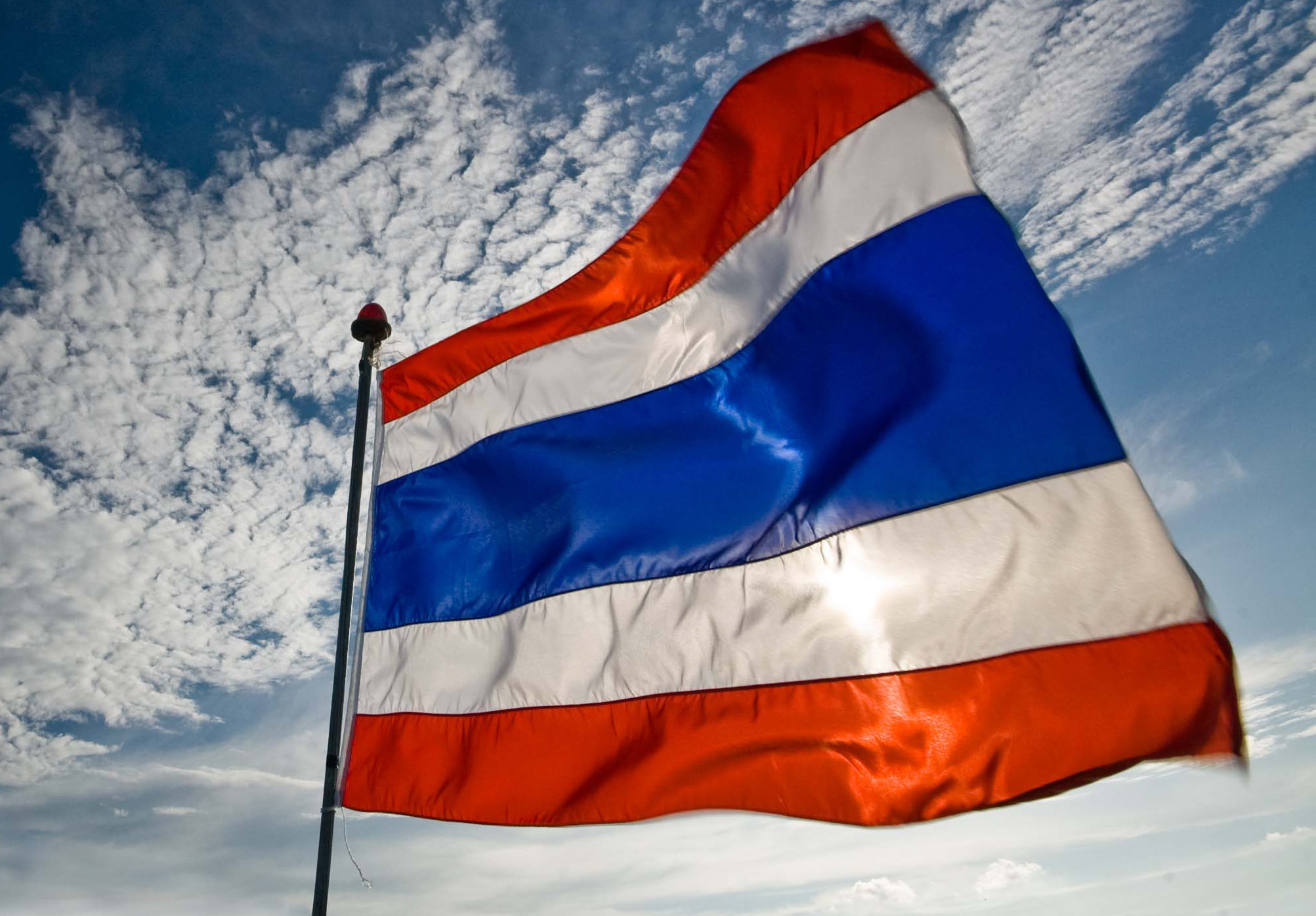The reforms will benefit Thai people “who used to live in territory occupied by the British and which later became the territory of Myanmar, namely Tavoy, Myawaddy, and Tenasserin [regions],” Veerawit Tianchainan, executive director of the Thai Committee for Refugees (TCR), told IRIN from Bangkok.
“This group of displaced Thais had returned to Thailand for many years but they have been living as stateless persons," he said, explaining that many lacked access to social services, including health and education. Without citizenship, they also do not have any property ownership rights.
Their struggle for citizenship has been going on since the early nineties, according to Tianchainan.
“The government has realized that it has to find a solution to the problem, and it has sought to address it through the bill,” said Anoop Sukumaran, coordinator at the Asia Pacific Refugee Rights Network (APRRN).
However, the bill only covers displaced Thai people affected by the disputed Thai-Myanmar border, which was first drawn in 1862. Of the country's estimated 3.5 million stateless, Thailand’s northern hill tribe people, which include members of the Akna, Lanu, Lisu, Yao, Shan, Hmong, and Karen ethnic communities, number around two million.
“It solves an ongoing problem for a small group of ethnically Thai people, but does not affect other stateless populations,” said David Feingold, coordinator at the UN Educational Scientific and Cultural Organization (UNESCO).
The 2011 nationality bill coincides with the 50th anniversary of the 1961 Convention on the Reduction of Statelessness.
“Thailand is not a signatory to the convention but the bill would be a step in the right direction,” said Sukumaran.
dm/ds/cb
This article was produced by IRIN News while it was part of the United Nations Office for the Coordination of Humanitarian Affairs. Please send queries on copyright or liability to the UN. For more information: https://shop.un.org/rights-permissions




